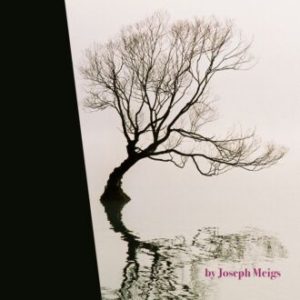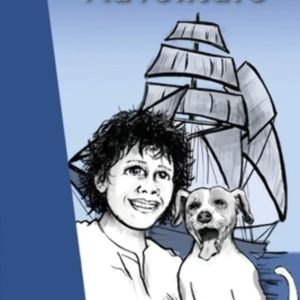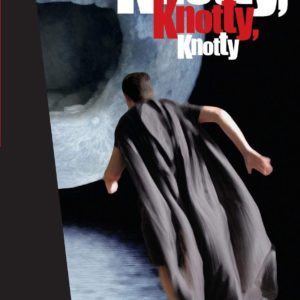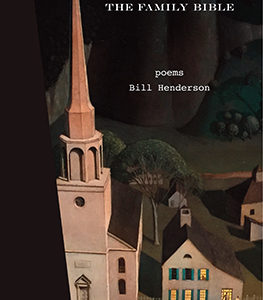Description
A Poetic Guide to Puerto Rico for gringos: And Other Poems and Stories When Jorge Potter was a kid, he hated studying English in school, since he “spoke it already”. Later, he studied Spanish, Portuguese, French, Italian, German, Dutch and Chinese. Then as a neurosurgeon, he began writing things for his patients, nurses and house staff. “With age I began to realize I had observed a lot of life and should share some of these observations with the world. In Spanish we have a saying: “El diablo sabe más por viejo que por sabio.” (“The devil knows more from experience than from intelligence.”) Accordingly, I joined a fabulous Writers’ Group, where weekly we read and critiqued each others’ stuff. For me, the hardest part was writing realistic dialogue.” Jorge first came to the island of Puerto Rico in 1946-48 as a conscientious objector, deciding there to go to medical school, then returning to P.R. as a general practitioner, going to Chicago to specialize, practicing neurosurgery seven years in Wisconsin, and finally returning to the island permanently in 1971. A Poetic Guide to Puerto Rico for gringos is a memoir, an honest impression, and a poetic tribute to the people, places, and experiences of Jorge Potter’s life in before and during Puerto Rico. His book is arranged in 24 sections, beginning with the Puerto Rican forebears, The Taínos, who mi- grated north from the volcanic activity in what is now Bolivia and Perú, to the Greater Antilles, and contributed 24 words to world languages, including “canoe”,“ tobacco”, “hammock” and “hurricane”. However, the number of Taíno words in the Antillean languages is almost uncountable (such as is seen in the Cotuí section). Other sections include Geopolitics, Philosophy, Emotions, People, On the Road, and ending with Music, a subject of great importance to Jorge throughout his life. Jorge Potter is inspired by William Shakespeare, William Blakely, Robert Frost, Ernest Hemingway, Johann Wolfgang Goethe, the Puerto Rican Julia de Burgos, Pablo Neruda and above all, Federico García Lorca. In the latter’s La casada infiel, a seduction, Jorge says, “I hear “the street lights turned off and the crickets turned on.” I wish I could interweave the similes and metaphors so beautifully.” Jorge delivers his own fusion of beauty and sharp observation that leaves an enduring impression.





